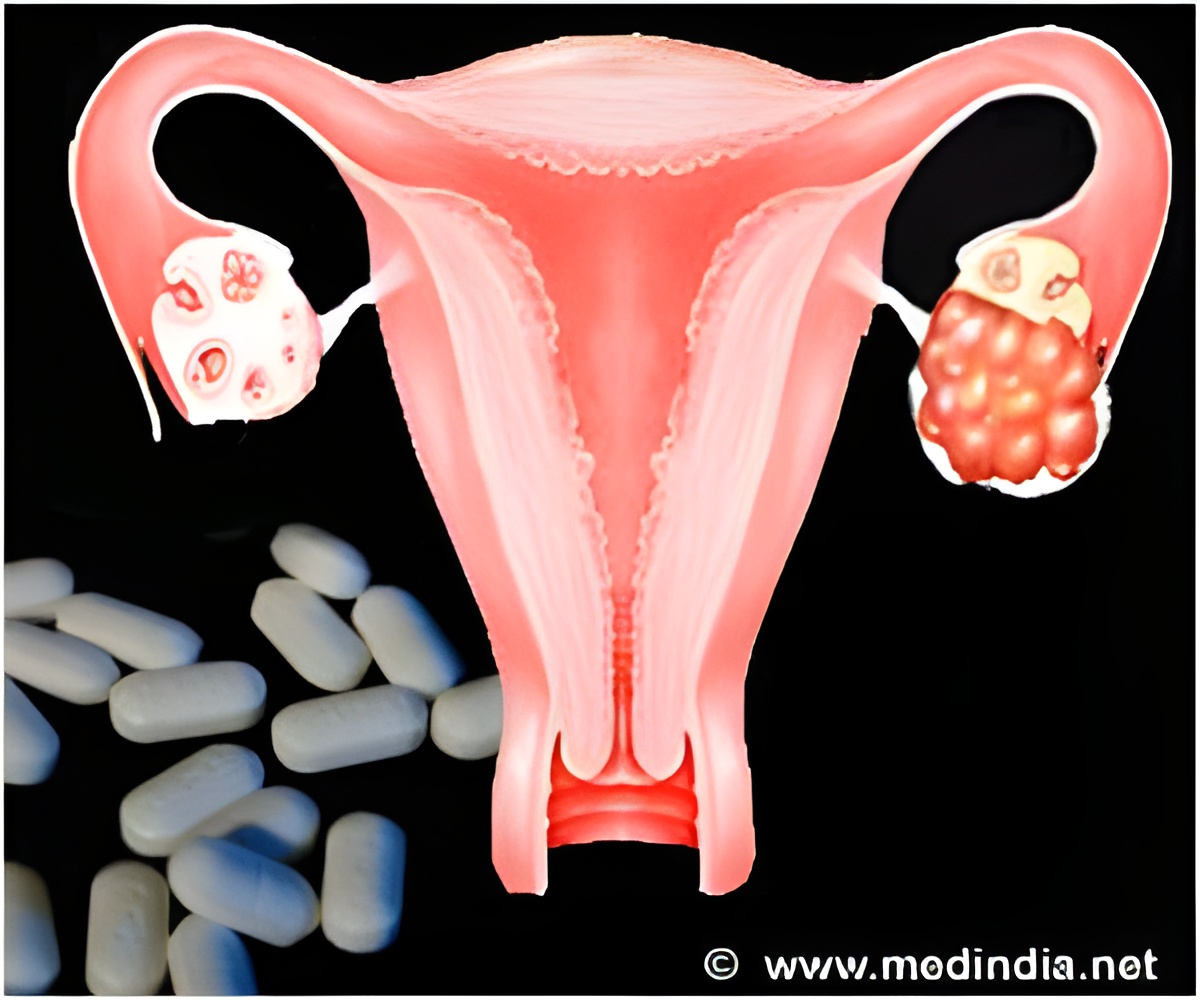
Professor Jonathan Ledermann, Professor of Medical Oncology at UCL Cancer Institute, University College London, presented first results from ICON6, an international randomised, double-blind, academic clinical phase III trial of cediranib.
"In women whose ovarian cancer had been treated with platinum-based chemotherapy together with cediranib given during and after the chemotherapy, we found that the time before the tumour started to grow again was extended by an average of 3.2 months. This sounds like a modest increase but represents about a 30% improvement, with overall survival also increased by a similar amount, to an average of 2.7 months over a two-year period of follow-up," he said.
Studies with chemotherapy alone have shown that the time before patients experience disease progression following treatment for a relapse that is sensitive to platinum-based chemotherapy is an average of eight to nine months. These latest results show that cediranib in addition to chemotherapy increased the time before the disease progressed from 9.4 to 12.6 months over a period of two years, and it extended overall survival from 17.6 to 20.3 months.
"These are ground-breaking data," said Prof Ledermann. "Cediranib is the first oral VEGF tyrosine kinase inhibitor that has been shown to delay tumour progression and improve overall survival in recurrent ovarian cancer. It is simple to give for a prolonged period and in most patients it is well-tolerated." Adverse side-effects included high blood pressure, diarrhoea and fatigue.
A total of 456 patients whose ovarian cancer had recurred were enrolled in the trial in 63 centres from the UK, Canada, Australasia and Spain. They were randomised to receive platinum-based chemotherapy together with a placebo (the reference arm of the trial), or 20 mg a day of cediranib during chemotherapy followed by placebo for 18 months (concurrent arm of the trial), or 20 mg a day of cediranib during chemotherapy followed by cediranib as a maintenance treatment (maintenance arm).
Advertisement
An increased survival time of nearly three months is significant in this group of patients. Prof Ledermann explained: "In previous ovarian cancer trials any improvement seen with each new treatment has been incremental. Survival has improved through sequential use of drugs. Most of the recent positive trials have shown an improvement in progression-free survival. Trials showing an improvement in overall survival are uncommon. Cediranib produces an incremental improvement in progression-free survival and an incremental improvement in overall survival. Although the average improvement in overall survival is 2.7 months, some patients will see a much more substantial benefit."
Advertisement
Source-Eurekalert













